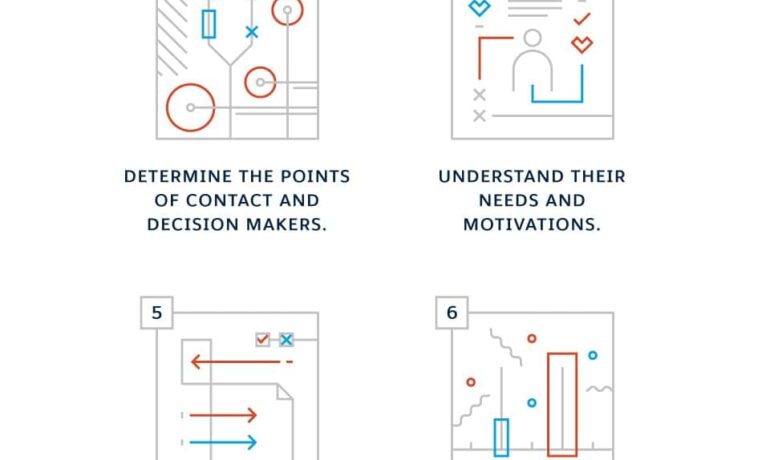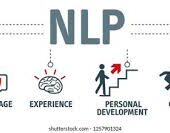Winter 25 Updates and Retirements
The Winter ’25 updates and retirements are available through the pre-release program. On August 30, 2024, Sandboxes will be upgraded, providing your organization with the Winter ’25 release experience. Connecting Unified Knowledge to Third-Party SystemsSteps to Implement: Before adding a connector, review the connector requirements in the Zoomin documentation. Then, in Setup, enter “Unified Knowledge” in the Quick Find box and select it. Click “Add a Source” and choose your desired connector. Help Agents Prioritize Cases with Milestone TrackingEnhance your agents’ ability to prioritize cases and maintain high service standards by tracking the time remaining for case milestones. With the “Time to Next Milestone” column in the case list view, agents can easily identify overdue, nearly due, or paused cases. This feature previously lacked a clear prioritization indicator, especially when managing multiple cases.Steps to Implement: Open the case list view and check the “Time to Next Milestone” column to see the time left for the current milestone and when the next one begins. Use sorting and filtering options to focus on cases with overdue or paused milestones. Feature Renaming and Retirement Developer’s Point of View Quickly Develop Lightning Web Components with Real-Time Preview (Beta)Speed up LWC development using Local Dev (beta), which provides a real-time preview of your Lightning app or Experience Cloud site. The preview updates automatically as you make code changes, helping you iterate faster without needing to deploy or refresh manually. This new experience is an improvement over the limited capabilities of the LWC Local Development Server.Steps to Implement: To enable Local Dev, go to Setup, search for “Local Dev” in the Quick Find box, and select it. Then, enable Local Dev (Beta) for all users in your org. Gain Insight into Component Code with LWS DistortionsDebug your Lightning Web Security (LWS) components by toggling specific distortions on and off to observe different behaviors. Steps to Implement: Enable debug mode in your Salesforce org. With your component loaded in a browser, open the developer console, list flags using $LWS.namespaces.c.distortions, and toggle distortions by setting their associated flags. Develop Lightning Web Components with TypeScript (Developer Preview)Improve productivity and code quality by developing LWCs with TypeScript. This new capability allows you to write and convert components using TypeScript. Steps to Implement: Install TypeScript v5.4.5 or later. Ensure your project has a tsconfig.json file with target set to “ESNext”. Configure the paths option for each LWC module. The Lightning Language Server extension for VS Code can automate this setup for Salesforce DX projects. Prepare for Native Shadow DOM in Base Lightning ComponentsSalesforce is updating base Lightning components to support native shadow DOM for better performance and standards compliance. Ensure your tests do not depend on the previous internal DOM structure of these components. Track Apex Exceptions with Free-Tier Event MonitoringNow, you can track unhandled exceptions in Apex code using free-tier Event Monitoring, which provides detailed logs for troubleshooting.Steps to Implement: Review and analyze Apex Unexpected Exception event logs instead of relying on email alerts. Understand SOQL Error ChangesRecent updates may affect Apex code that parses SOQL error messages, particularly dynamic SOQL code.Steps to Implement: Review these changes and update your code as necessary to handle new error messages. Consistent Behavior When Iterating SetsIn API version 62.0 and later, modifying set elements during iteration will throw an exception, providing more consistent behavior.Example Code: apex Copy code Set<String> set_string = new Set<String>{‘one’, ‘two’, ‘three’}; for (String str : set_string) { System.debug(str); set_string.remove(str); // This will throw an exception in API 62.0+ } Write Mock SOQL Tests for External ObjectsIncrease your Apex test coverage and quality by mocking SOQL queries for external objects using the new SOQL stub methods.Steps to Implement: Create mock test classes by extending the System.SoqlStubProvider class and overriding the handleSoqlQuery() method. Register the mock provider using Test.createSoqlStub(). Process Platform Events at Scale with Parallel SubscriptionsImprove the processing of high-volume platform events in Apex triggers by using parallel subscriptions, allowing simultaneous event processing.Steps to Implement: Use the Tooling API or Metadata API to configure parallel subscriptions by specifying the event field for partitioning and the number of partitions in PlatformEventSubscriberConfig. Salesforce Flow Enhancements Flow Orchestrator Enhancements Customize the Flow Orchestration Work Guide Component Overview: Tailor how the Flow Orchestration Work Guide component appears to users based on their assigned tasks. You can customize the component differently for each record page it’s added to. Note that changes you make will not affect the component’s appearance in Lightning App Builder. Features: Availability: Applies to Lightning Experience in Enterprise, Performance, Unlimited, and Developer editions. Customize SMS One-Time Password Delivery for Experience Cloud Sites Overview: Enhance identity verification for external users by creating an Apex handler to send one-time passwords (OTPs) via SMS. Personalize the content and short code of the message as needed. Updates: Implementation Steps: Note: Enabling this feature affects all Experience Cloud sites, so ensure you create an Apex handler for each site to avoid disruptions. Control Authenticated Callouts More Easily Overview: Simplify configuring permissions for named credentials, allowing users to make authenticated callouts to external systems more efficiently. Most standard permission sets and profiles now include access to the User External Credentials object by default. Note: For guest user profiles and custom permission sets, manual access to User External Credentials is still required. Availability: Applies to Lightning Experience and Salesforce Classic (not available in all orgs) in all editions. Improve Data Transmission Speed and Security with TLS 1.3 Overview: Salesforce now supports TLS 1.3 for outbound HTTPS callouts, enhancing security with stronger encryption and faster connection establishment. Note: Existing callouts using TLS 1.2 are not impacted. Availability: Applies to Lightning Experience, Salesforce Classic (not available in all orgs), and all mobile app versions in all editions. Enable LWC Stacked Modals Overview: As part of the internal migration from Aura to LWC, Lightning Experience now uses LWC for more modals, improving performance, especially for record creation and editing. Changes: Availability: First available in Summer ’24. Applies to Lightning Experience in all editions. Additional Enhancements Salesforce Platform Login License: Provides flexible







